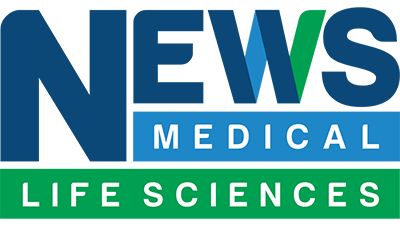
|
|
|
| |

|
|
| |
The latest breast cancer news from News Medical |
|
|
|
| | 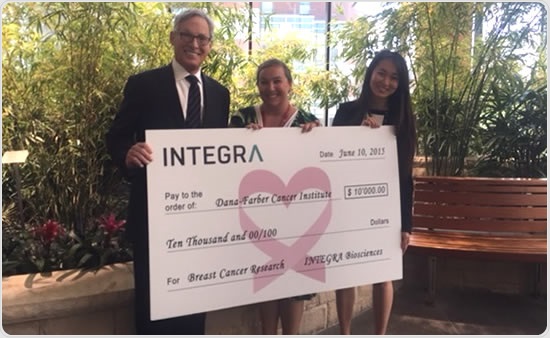
INTEGRA announces $10,000 contribution to Dana-Farber Cancer Institute
INTEGRA is pleased to announce it has made a $10,000 contribution to the Susan F Smith Center for Womens Cancers at the Dana-Farber Cancer Institute in Boston (MA, USA). Click here to read more. | |
|
|
|
|
|
 | | | Scientists of UT research institute MIRA have developed a system that maps out the odds of recurrence of breast cancer in individual patients. On the basis of information about the patient, the original tumour and the treatment used, they can accurately predict the odds of recurrence of breast cancer per year. | | | | | 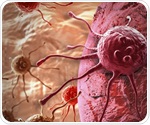 Scientists at the research Institute MIRA at the University of Twente have been working for some time on a new technique to detect breast cancer. The technique based on the physical principle of photoacoustics, has been christened PAMmography. It uses short bursts of light that cause ultrasonic waves to be generated in places with high density of blood vessels, such as in the vicinity of malignant tumours. Scientists at the research Institute MIRA at the University of Twente have been working for some time on a new technique to detect breast cancer. The technique based on the physical principle of photoacoustics, has been christened PAMmography. It uses short bursts of light that cause ultrasonic waves to be generated in places with high density of blood vessels, such as in the vicinity of malignant tumours. | | | | | 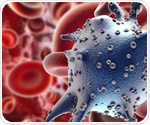 Following restrictive sun exposure advice in countries with low solar intensity like Canada might in fact be harmful to your health, says the co-author of a new study on sunlight and vitamin D. Following restrictive sun exposure advice in countries with low solar intensity like Canada might in fact be harmful to your health, says the co-author of a new study on sunlight and vitamin D. | | | | | 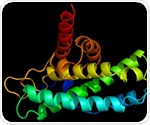 Researchers have discovered two chemical compounds that effectively stop the growth of brain cancer cells and breast tumors, opening the way for potential new drugs to be developed. Researchers have discovered two chemical compounds that effectively stop the growth of brain cancer cells and breast tumors, opening the way for potential new drugs to be developed. | |
|
|
|
|
|